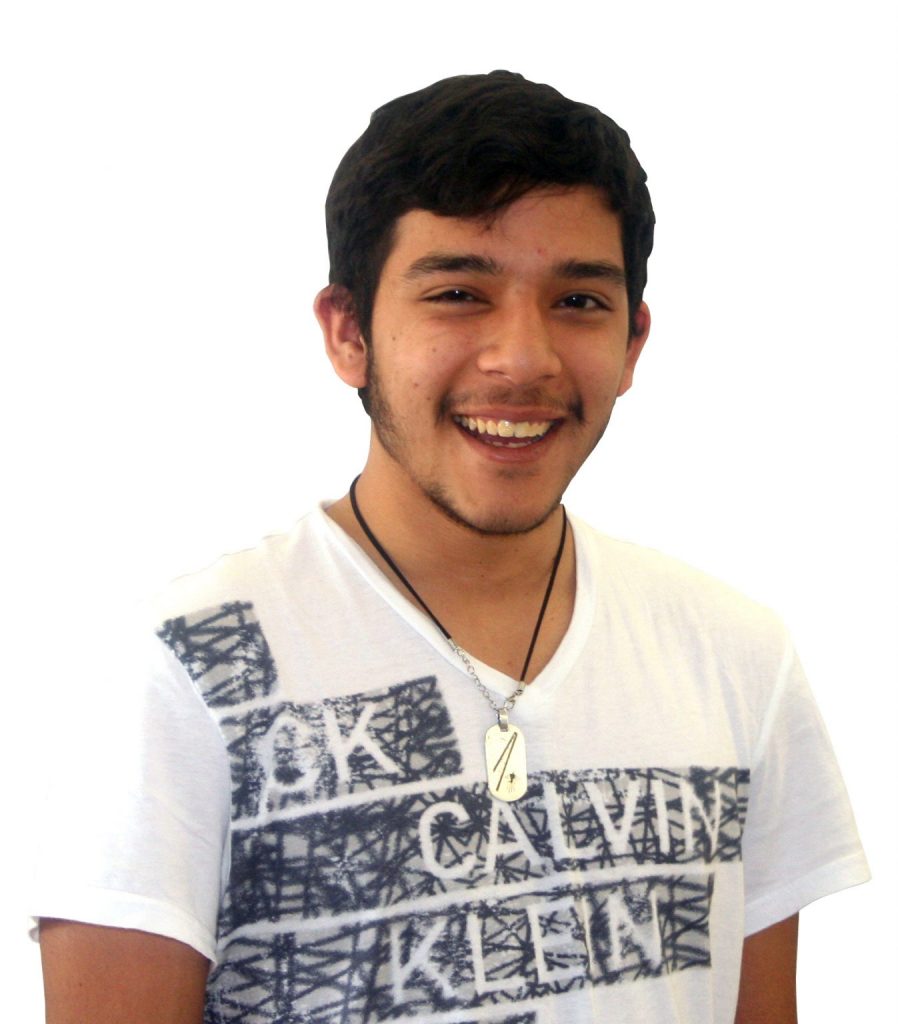BYU’s Honor Code; a help or a hinderance for sexual assault victims?

This archived article was written by: Rodrigo Leon
In September 2015, Madi Barney, a Brigham Young University student, was raped in her off-campus apartment and reported the rape to the police who began the investigation. Soon after the report came into the Utah County Police Department, Edwin Randolph, a deputy sheriff and friend of the accused attacker, released the case file to BYU’s Honor Code office.
BYU began their own investigation against Barney. Utah County Attorney Craig Johnson asked BYU to postpone their investigation so Barney can stay in Utah to finish this investigation, but BYU refused to postpone the investigation and prevented Barney from registering for classes.
She is an out-of-state student and needs to be enrolled to get financial aid which allows her to stay in Utah. Johnson has repeatedly asked BYU to postpone its investigation on the basis that they need Barney to stay in Utah and the university shouldn’t legally have the information.
The sad thing is that this isn’t the only time the BYU Honor Code has being used against rape survivors. On April 7, other rape survivors told their stories about how the Honor Code was used against them. Several people spoke and began a petition requesting BYU changes its use of the Honor Code when it comes to reporting rape.
Many students at BYU claimed that BYU uses the Honor Code against rape survivors on a regular basis. BYU launches an Honor Code violation when a rape is reported at the school. When the rape is first reported an investigation is launched and campus officials begin to ask “what happened that night?” From this question they launch a Honor Code investigation to see if the survivor has broken Honor Code which means expulsion without ability to reapply for two years.
The worst part is, the Honor Code violation is predicated off of both the word of the survivor and their rapist, since those investigations are only based on preponderance of evidence. This means that if both are the only two in the area or if the attacker’s friends back up their story, they will likely get expelled. The unique thing about this case is that this rape wasn’t reported to BYU. The attacker’s friend gave BYU the case file illegally, yet BYU is still pursuing a case against them.
This type of Honor Code investigation against the survivors has immense chilling effects on rape reporting at BYU. The fear of being kicked out of school for reporting means that many rapes go unreported. BYU acknowledges this yet “doesn’t apologize” for this use of the Honor Code. The problem is that they are criminalizing rape survivors. They have given no justification for why they have been using the Honor Code in this manner. Now ask yourself should it be okay for BYU to use illegally obtained information to punish a woman after she’s been sexually assaulted? That is this case alone, but is it okay for BYU to punish people who have been sexually assaulted for reporting this crime. Is the Honor Code more important than the law or these survivor’s health or any sense of justice?
BYU refused to halt their investigations which are putting the rape case in danger of failing. How is it acceptable to potentially allow a rapist free because the Honor Code may or may not have been broken? They care more about this “Honor Code” than the health of their students. If the Honor Code is supposed to support good Christian values, then why would it allow a criminals to go free, why would it punish the victims, why would it ignore the pleas of those who need help?
On Tuesday April 19, the Salt Lake Tribune revealed that Barney has filed a federal suit against BYU for blocking her from registering for classes after she reported rape to the police. BYU has since said they are reviewing the relationship between its Title IX department and its Honor Code board.




